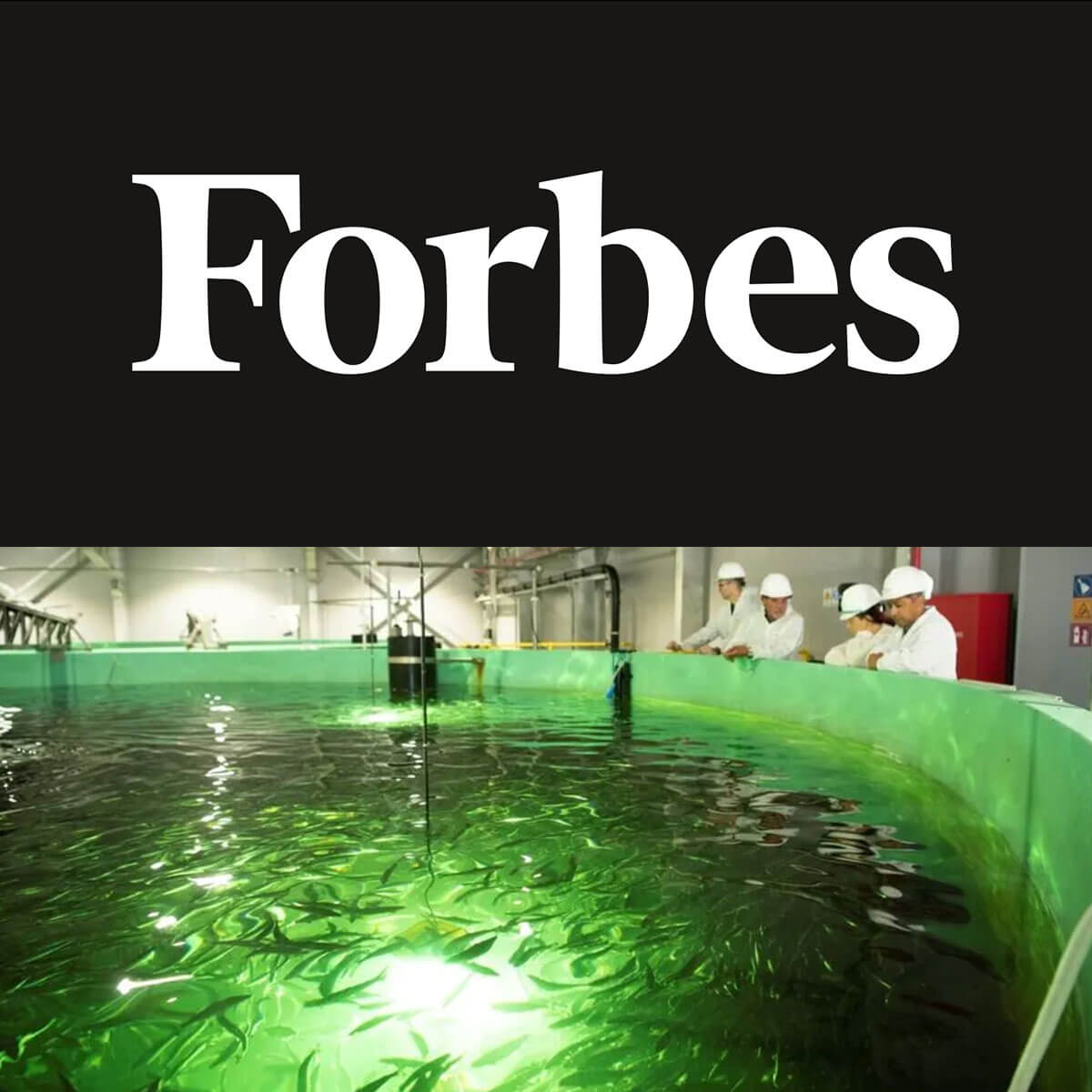Featured in Forbes: How Sustainable Farming On Land And Sea Can Work Together To Meet Our Growing Need For Protein

Originally Published on Forbes
“Over the next (and possibly last) few decades of human population growth, there will be a need for more food and particularly for more protein. As much as possible this needs to happen without converting any more wild lands to agriculture because doing so would contribute to climate change and diminish biodiversity. Fortunately, there are solutions to meet this need without land-use change. This will require sustainable versions of both land-based and ocean-based farming and a connection between the two.”
“Because the aquaculture industry is truly global and conducted in environmentally sensitive settings, it has been important for the industry and its customers to work together to research, define and then certify sustainable aquaculture practices. An award-winning fishery scientist, Emily De Sousa and Brand Ambassador for Secret Island Salmon helped to provide the following perspective. The Global Sustainable Seafood Initiative (GSSI) is a multi-stakeholder organization which has been working on this for ten years, cooperates with the UN Food and Agriculture Organization (FAO) as well as with SSCI (Sustainable Supply Chain Initiative). GSSI has developed a list of 175 “Essential Components” of what it means to do sustainable aquaculture. Compliance with these guidelines is then third-party certified through programs such as BAP (Best Aquaculture Practices). This certification process grants retailers and consumers the confidence to enjoy farmed seafood.”
